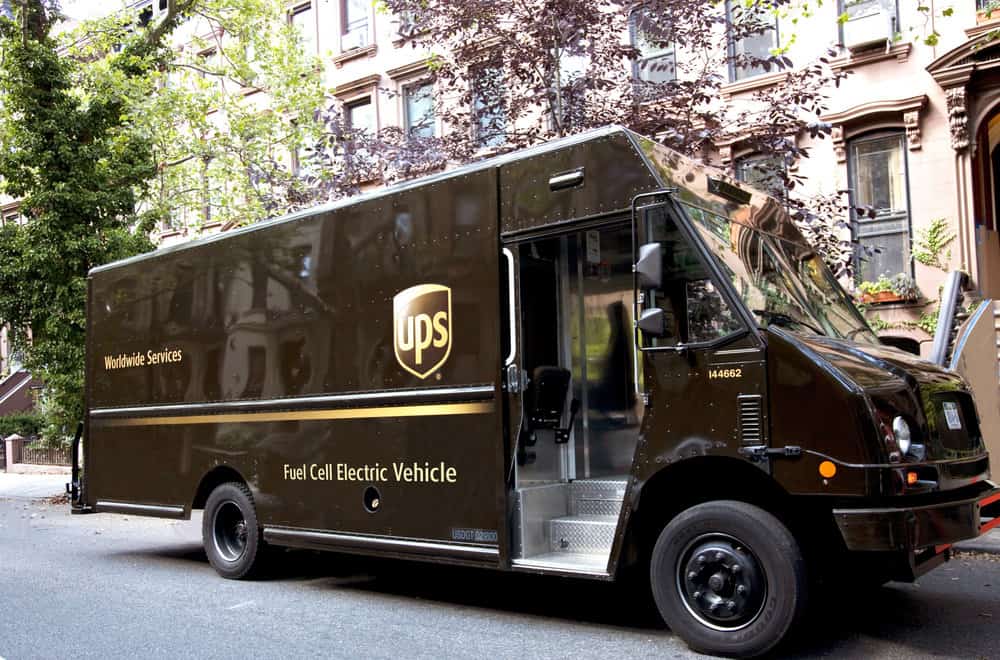
UPS learned a hard lesson in in 2013, when it hired 55,000 seasonal employees and then struggled to meet the deluge of packages flowing from online orders. Since then, its seasonal workforce has nearly doubled. Between Thanksgiving and Dec 31, UPS expects to deliver 750 million packages, up 5% from the same period in 2016. Average daily delivery volume swells to about 30 million packages, up from 19 million during non-peak periods. To manage this added volume, the company hires an additional 95,000 personnel to work on its facilities and as driver helpers to assist with deliveries during this period.
In general, hiring has remained level as UPS expanded existing facilities, built new ones and upgraded its network with high-speed sortation equipment. The company also uses technology to streamline delivery routes to get more accurate projections from its biggest customers about the load it will need to handle over the holidays.
Even with such efforts and improvements, controversy has followed this holiday season as the delivery giant is mandating its package delivery drivers work 70 hours in an 8-day period, up from the currently allowed 60 hours over 7 days. That mandate has drawn the ire of the Teamsters, a union which represents UPS package car and feeder-drivers. Unlike feeder-drivers, who generally make long hauls, package drivers make scores of drop-offs and pick-ups in a wide variety of urban and suburban areas.
There are two Department of Transportation mandated regulations concerning working hours. One is 60 hours worked in 7 days, the other 70 hours worked in 8 days. All UPS drivers fall under one of these two requirements. The actual scheduled work for an individual driver depends on local delivery volume. UPS requires different hours worked depending on local demand in each market.
Yesterday, Jim Hoffa, Teamsters General President, wrote a strong response to UPS CEO, David Abney, protesting the decision to increase hours. He writes: “On behalf of the 250,000 Teamster-represented UPS employees, I want to express my outrage and concern over the company’s decision to implement an 8-day/70-hour workweek for package car drivers. Your decision was made without any consultation with the Local Unions that represent UPS employees and, apparently, without any regard for the physical toll that will result from working the additional hours the Company will compel. And it callously ignores the plans they may have made for spending time with their families during this holiday season.” Click here to read the full letter.
Freightwaves reached out to UPS for a comment and received a swift response: “UPS appreciates the exceptional effort of all employees during our peak holiday shipping season…Our employees’ scheduled workweek is in compliance with Department of Transportation requirements. Union-represented employees are paid time and one-half for work above 40 hours per week and they receive the industry’s most attractive compensation and benefits program.”
It also noted that it is “common across the transportation industry and other carriers are subject to the same rules. FedEx and the USPS are subject to the same requirement. Further, UPS drivers have seasonal driver-helpers that assist them with delivering the added volume UPS experiences during the holiday period.”
The mandate seems to mostly revolve around employees in the Boston area where congestion and demand are especially high this year. The mandate is effective through the first five days into 2018, in which UPS expects a high demand related to returns. The actual hours will depend on the delivery demand.
Stay up-to-date with the latest commentary and insights on FreightTech and the impact to the markets by subscribing.







